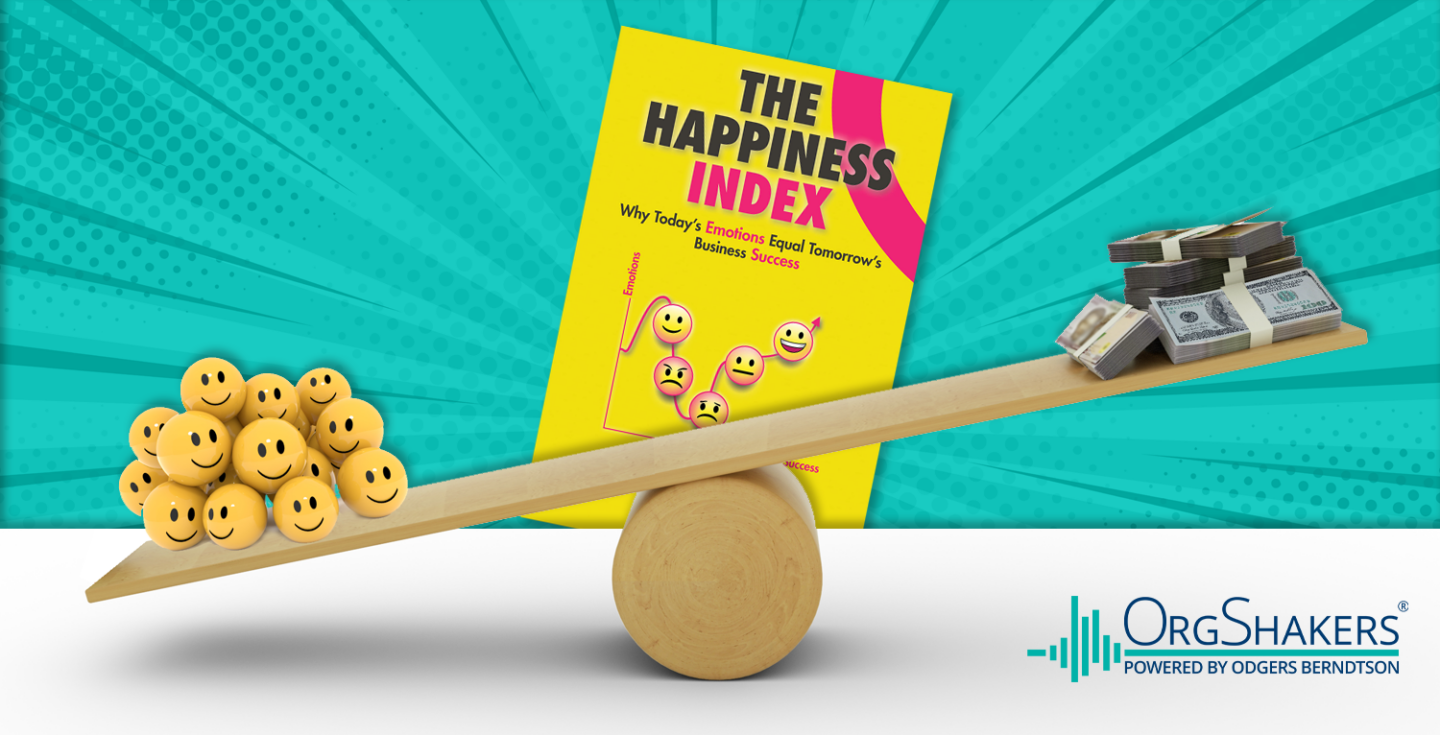Menu

A Good Salary Isn’t Enough to Make Employees Happy Anymore, and Here’s Why
Happy employees are productive employees – 13% more productive to be exact.
But in days past, keeping an employee ‘happy’ was usually intrinsically linked with the amount of money they were being paid. If their salary was good, and their performance was methodically rewarded, then this tended to spark contentment in the general worker.
However, we are now beginning to discover that making employees happy is no longer that straightforward. Matt Phelan’s recent book The Happiness Index is a testament to this, as it identifies the 24 sub-drivers of happiness and engagement at work. Yes, 24! But of these, there are some that have a stronger driving force than others; a recent survey from Wondr Health discovered that 30.1% of employees believe that building friendships was the key to fostering happiness at work, in comparison to only 12% who cited financial freedom. What’s even more interesting to note is that financial freedom ranked fourth, below physical and emotional health and wellbeing (21.5%) and engaging in activities that spark joy (16.8%).
Our own poll findings affirm this notion, as when we asked respondents what makes them feel happiest at work, 49% said it was the people they worked with, and 40% said it was the purpose their job gave them.
So, why is salary less of a concern, and what has taken its place as the key factor for fostering employee happiness?
There are two primary forces at play: the post-pandemic mindset and the flood of Gen Z into the workplace.
Since the pandemic, there has been a ‘carpe diem’ mindset emerge. After being faced with our mortality, it’s become common to use this as a point of reflection and determine what we really want to do and achieve with our time. This has driven a major shift in focus towards wellbeing, physical and mental health, and work-life balance. A report from Hays confirms this, as it revealed more than half (56%) of employees are willing to accept a lower-paid job in exchange for a better work-life balance.
What’s working in conjunction with this shift is the fact that Gen Z are now embedded into the workplace, with 27% of the workforce expected to be made up of these younger workers in 2025. With this influx of young talent also comes new ideals and values; Gen Z are the first generation to be socialised in a world with the internet readily available, and so it is no wonder that what they value and expect from work has evolved. For example, 77% of Gen Zers only want to work for a company whose values align with their own. They are more eco-conscious, they don’t shy away from previously taboo topics such as mental health, and they are notably the most diverse workforce in history.
As employers look to attracting new young talent into their businesses, they need to consider that a decent salary – whilst important – is not enough on its own to foster happiness and contentment amongst employees. Instead, salary is playing second (or maybe even third) fiddle to the rising importance of work-life balance and wellbeing support. If you would like to discuss how we can help you implement these changes into your talent attraction strategy, please get in touch with us.



